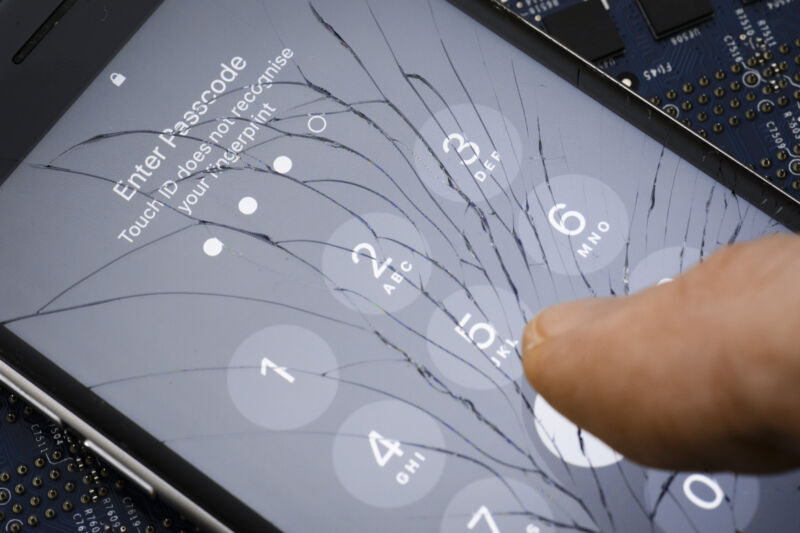
Update 10:30pm 12/19/2022: Because of a misinterpretation of NY legislature rules, an earlier version of this post suggested the NY Governor had 30 days to pass the Digital Fair Repair. She has 10 days, or until midnight on Dec. 28. Ars regrets the error.
The Digital Fair Repair Act, the first right-to-repair bill to entirely pass through a state legislature, is awaiting New York Governor Kathy Hochul’s signature. But lobbying by the nation’s largest technology interests seems to have kept the bill parked on her desk for months, where it could remain until it dies on Dec. 28.
Gay Gordon-Byrne, executive director of the Repair Association, said that “opposition has not backed off” despite the bill’s nearly unanimous passage in June. Gordon-Byrne has heard that industry groups are pushing for late amendments favoring tech firms but that the bill’s sponsors would have to approve—or convince the governor to sign the bill without them. “It’s up to the sponsors at this point,” she said.
The final version of the bill received rare bipartisan support, passing the state assembly 147–2 and the senate 59–4. The bill was delivered to the governor Friday, according to the New York Senate’s bill tracker, though she has been considering it since late June.
As written, the Digital Fair Repair Act would require the makers of “digital electronic parts and equipment” to make diagnostic and repair instructions, and parts, available to consumers and non-affiliated repair workers, so long as those makers already provide them to their own technicians or authorized repair networks.
The Digital Fair Repair Act, and similar bills introduced in 41 other states this year, aims to expand repair options for devices. Advocates say that lack of documentation and spare parts access, plus software restrictions that thwart repairs outside companies’ networks, limit consumer choice, raise ownership costs, and add to a growing e-waste stream. Manufacturers and trade groups have countered that authorized, serialized repairs are necessary to ensure product quality, avoid injuries, and protect their intellectual property.
Since passing in June, the New York bill has been aggressively lobbied by various trade groups to limit its impact. An earlier version of the bill would have included lawn equipment, gaming consoles, and appliances, but a “burst of end-of-session lobbying from companies worth billions and their affiliated trade associations” succeeded in stripping the bill down to small electronics, according to the Times Union of Albany. Assemblymember Patricia Fahy, the bill’s sponsor, slimmed it down to ensure some part of it could pass in June.
State filings showed that trade group TechNet (not to be confused with Microsoft’s social/wiki entity) and lobbyists for Microsoft and Apple jumped in then, focusing their efforts on Hochul’s office as the bill seemed destined to pass. The Times Union reported that Apple, Google, HP, and Microsoft all paid lobbyists from “the highest-earning professional lobbying firms in Albany” to push back against the bill at the legislative and executive levels.
We’ve reached out to TechNet and will add to this post if we hear back.
The governor has 10 days to act on the bill after Friday’s delivery, or until midnight on Dec. 28. Failing to act has the same effect as a veto (a “pocket veto”). The bill was originally introduced in 2021, so it cannot be easily re-introduced during the next session and would have to be re-drafted and submitted.
A spokesperson for the governor’s office told VICE’s Motherboard on October 31 that “Governor Hochul is reviewing the legislation.” Asked about the bill’s status today by Ars Technica, a spokesperson responded that “Governor Hochul is reviewing the legislation.”
Disclosure: The author has previously worked for iFixit, a company active in right-to-repair advocacy. He holds no financial stake in the company.
